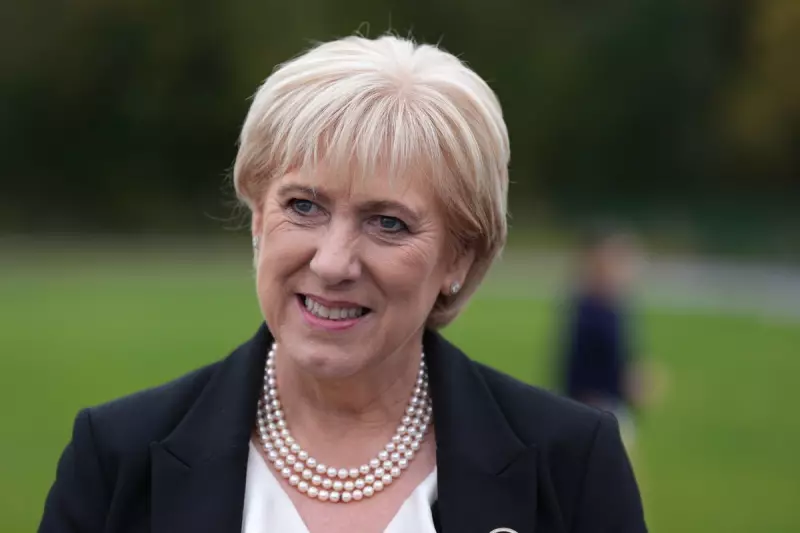
Northern Ireland stands at a political crossroads as urgent talks continue to salvage the region's power-sharing government ahead of a crucial deadline that could determine the future of devolved governance.
The situation has reached a critical juncture, with the Democratic Unionist Party (DUP) maintaining its boycott of Stormont institutions in protest against post-Brexit trading arrangements. The party argues that the current framework creates an unacceptable barrier between Northern Ireland and the rest of the United Kingdom.
Constitutional Implications
The ongoing political deadlock carries significant constitutional weight, raising fundamental questions about Northern Ireland's position within the United Kingdom. The absence of functioning institutions has created a governance vacuum that threatens to undermine the delicate balance established by the Good Friday Agreement.
Secretary of State Chris Heaton-Harris faces mounting pressure to break the impasse, with options ranging from calling fresh elections to extending the negotiation period. The British government has emphasised its preference for a locally-led solution while acknowledging the time-sensitive nature of the crisis.
Economic and Social Consequences
The political stagnation comes at a time when Northern Ireland grapples with severe public service challenges and economic uncertainty. Civil servants currently operate with limited decision-making powers, unable to address pressing issues in healthcare, education and infrastructure.
Business leaders have expressed growing concern about the impact of political instability on investment and economic growth. The uncertainty surrounding trading arrangements continues to create challenges for companies operating across the Irish Sea border.
Historical Context and Future Prospects
The current crisis echoes previous political breakdowns in Northern Ireland's troubled history, though the context has shifted significantly since the landmark 1998 peace agreement. The Brexit referendum and its aftermath have introduced new complexities to the region's constitutional arrangements.
As negotiations enter their most critical phase, all eyes remain on whether political leaders can bridge their differences and restore the power-sharing institutions that have defined Northern Ireland's peace process for decades.





